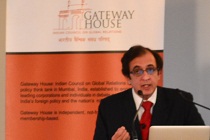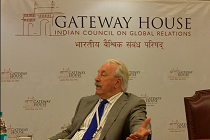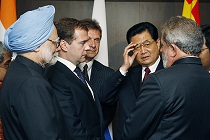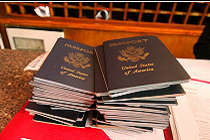India’s season of summiteering
Now that the India-U.S. 2+2 meeting has ended, Indian officials are preparing for a hectic season of summiteering in November, from the SCO to the BRICS and the G20. All will give India global attention, and help the country prepare its positioning at home and abroad.











